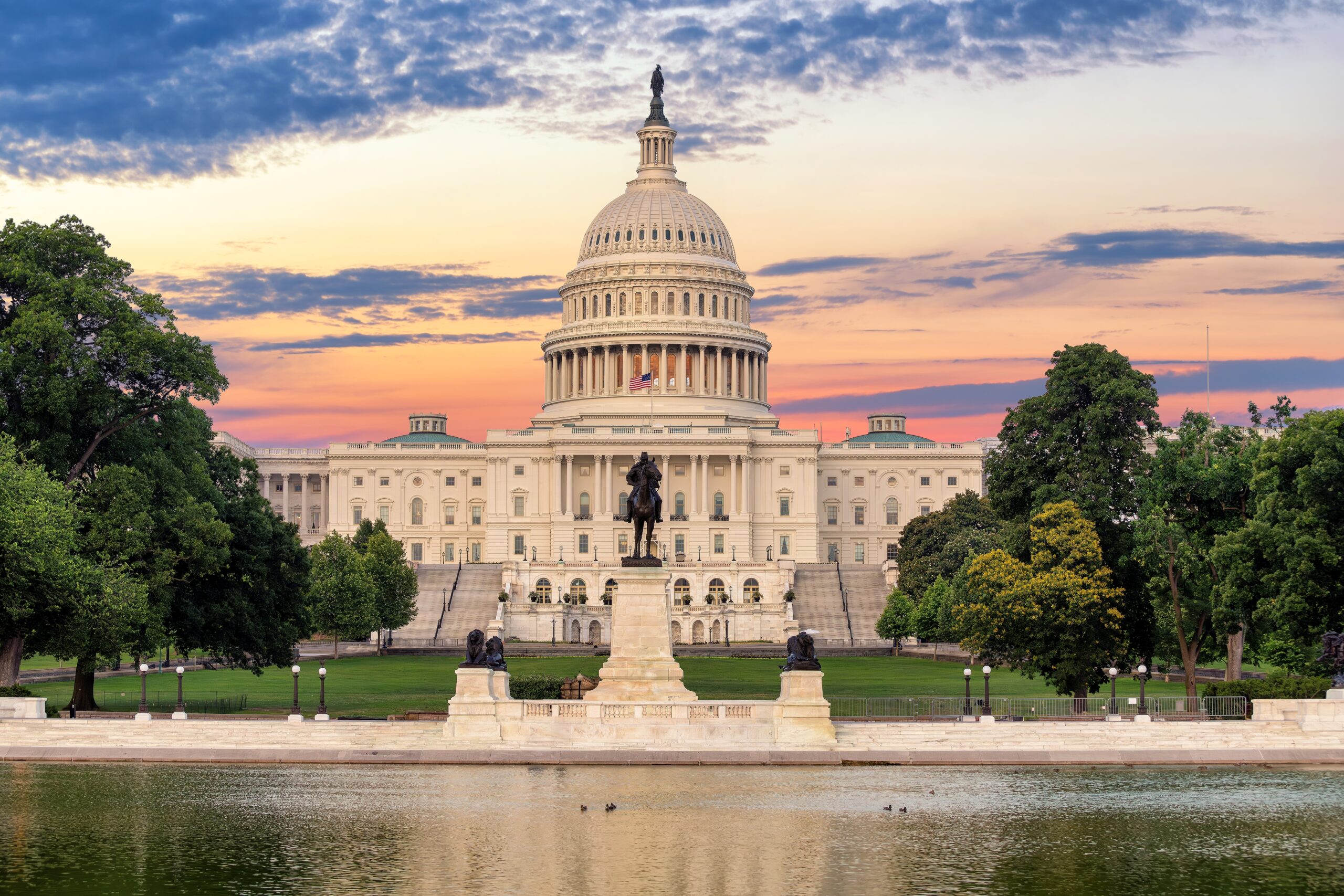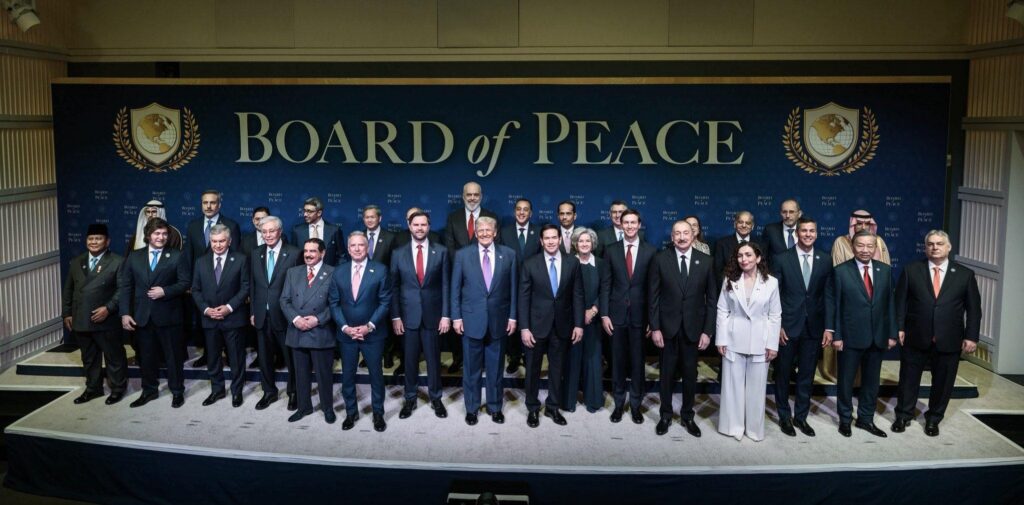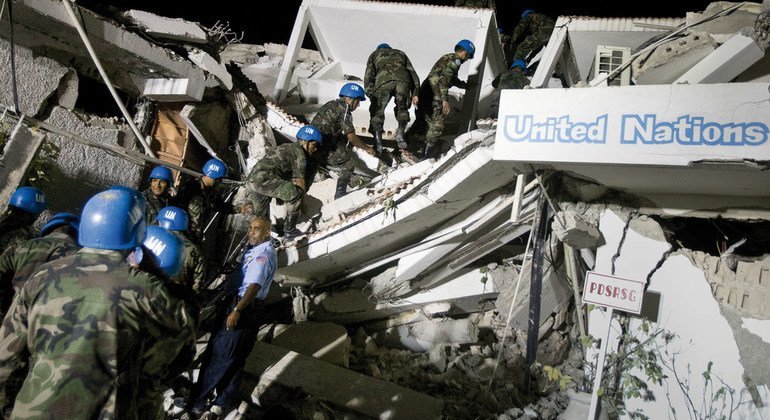“American investments in the UN are critical to achieving the goal of making the U.S. safer, stronger and more prosperous.”
That was the message from more than a dozen organizations in a letter sent on July 9, to the Chairs and ranking Members of key House and Senate appropriations subcommittees. Representing hundreds of thousands of constituents nationwide, they came together with one voice to tell lawmakers that cutting UN funding won’t just weaken global institutions — it will hurt Americans.
“Americans overwhelmingly support the UN because they understand that global challenges require global solutions,” said Rachel Pittman, Executive Director of the UN Association of the U.S.A. (UNA-USA). “From preventing the next pandemic to keeping the peace in conflict zones, the UN delivers for the world — and for the United States. Slashing UN funding doesn’t save money; it undercuts our values and puts our communities at greater risk.”
“Americans overwhelmingly support the UN because they understand that global challenges require global solutions.”
Rachel Pittman, Executive Director of UNA-USA
The letter urges full funding for the UN’s main accounts — including peacekeeping, humanitarian response and global health — and calls on Congress to suspend the 25 percent cap on U.S. contributions to peacekeeping operations.
Signatories include the Alliance for Peacebuilding, Americans for UNESCO, the Better World Campaign, the Friends Committee on National Legislation, the Global Campaign for Education-US, the Global Health Council, HIAS, ReSurge International, Together for Girls, the United Nations Association of the National Capital Area and UNA-USA.
“The UN has been the premier institution underpinning global peace, security and prosperity since 1945,” said Melinda Kimble, a senior advisor with Americans for UNESCO. “It has shaped thinking on how to avoid conflict, protect refugees, mobilize humanitarian response and advance economic and social services around the world.” Kimble, a former U.S. climate negotiator, warned that leaving UN agencies and agreements “will diminish American power and influence over time.”
“The UN has shaped thinking on how to avoid conflict, protect refugees, mobilize humanitarian response and advance economic and social services around the world.”
Melinda Kimble, Americans for UNESCO
For Claire Lachance, President and CEO of ReSurge International, the stakes are personal. Her nonprofit, which expands access to safe surgery in low-income countries, had just received its first-ever USAID grants in nearly 60 years of operation when cuts to foreign assistance zeroed them out.
“We were literally about to launch when the money was pulled,” Lachance said. “We lost practical, tangible support.”
That “tangible support” was for surgical equipment bound for Nepal and Vietnam, which was in the pipeline for purchase from U.S. suppliers. “Those cuts didn’t just impact our programs,” added Natalie Meyers, ReSurge’s Executive Vice President. “They took away $4 million from American small businesses.”
The coalition’s letter to Congress makes the case that U.S. engagement at the UN has always been about advancing both values and interests. UN peacekeepers stabilize fragile states before they become global threats. The World Health Organization (WHO) detects and contains outbreaks before they reach U.S. shores. Agencies like the World Food Programme (WFP) and the UN’s Refugee Agency (UNHCR) prevent famine and displacement from turning into geopolitical crises. The UN Office on Drugs and Crime (UNODC) helps shut down fentanyl routes that lead to overdoses here at home.
“The UN is one of the most cost-effective tools we have for advancing American interests abroad and protecting our security at home,” said Jordie Hannum, Executive Director of the Better World Campaign. “Walking away now would weaken our hand in global decision-making. Failing to fund the UN is failing to invest in America’s future.”
“The UN is one of the most cost-effective tools we have for advancing American interests abroad and protecting our security at home.”
Jordie Hannum, Executive Director of the Better World Campaign
As the coalition warns, the U.S. is no longer the sole superpower in the halls of the General Assembly. China is now the second-largest contributor to the UN’s regular and peacekeeping budgets — and has made no secret of its desire to shape the institution’s agenda.
“If we undermine the UN now,” the letter cautions, “we will provide our global competitors with a damaging talking point that the U.S. is an unreliable partner, leaving a vacuum that they would be more than happy to fill.”
Lachance sees it simply: “Like so many other U.S. nonprofits, our aim is to train local providers and build long-term capacity. That is an American value — ‘compassionate investment’ that strengthens systems and restores dignity.”
The organizations behind the letter aren’t asking for new programs or increased spending. They’re asking Congress to meet America’s existing obligations — and recognize that disengagement comes with a cost.
Fortunately, as NGO leaders and millions of Americans continue to remind Congress: there’s still time to do the right thing.




